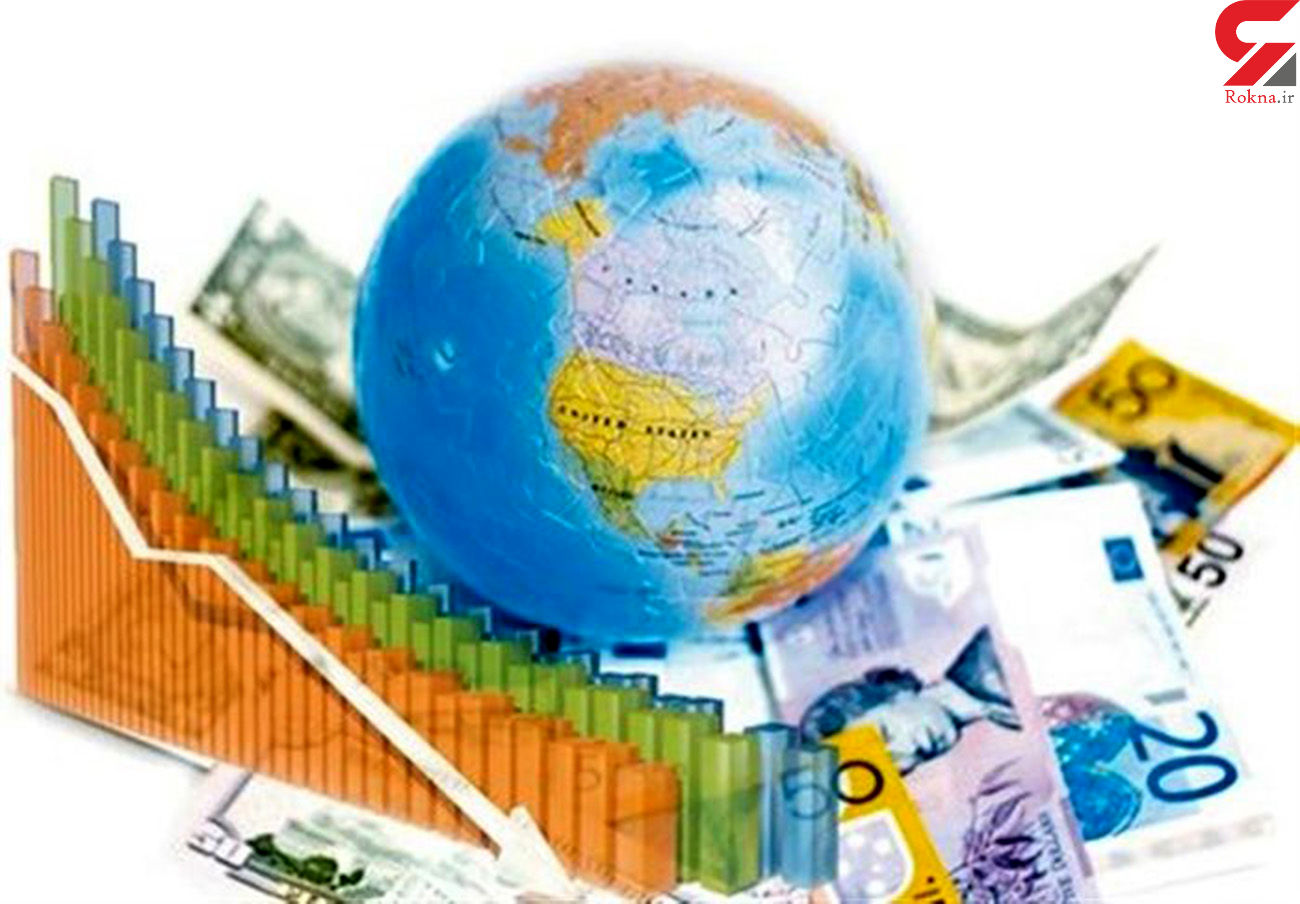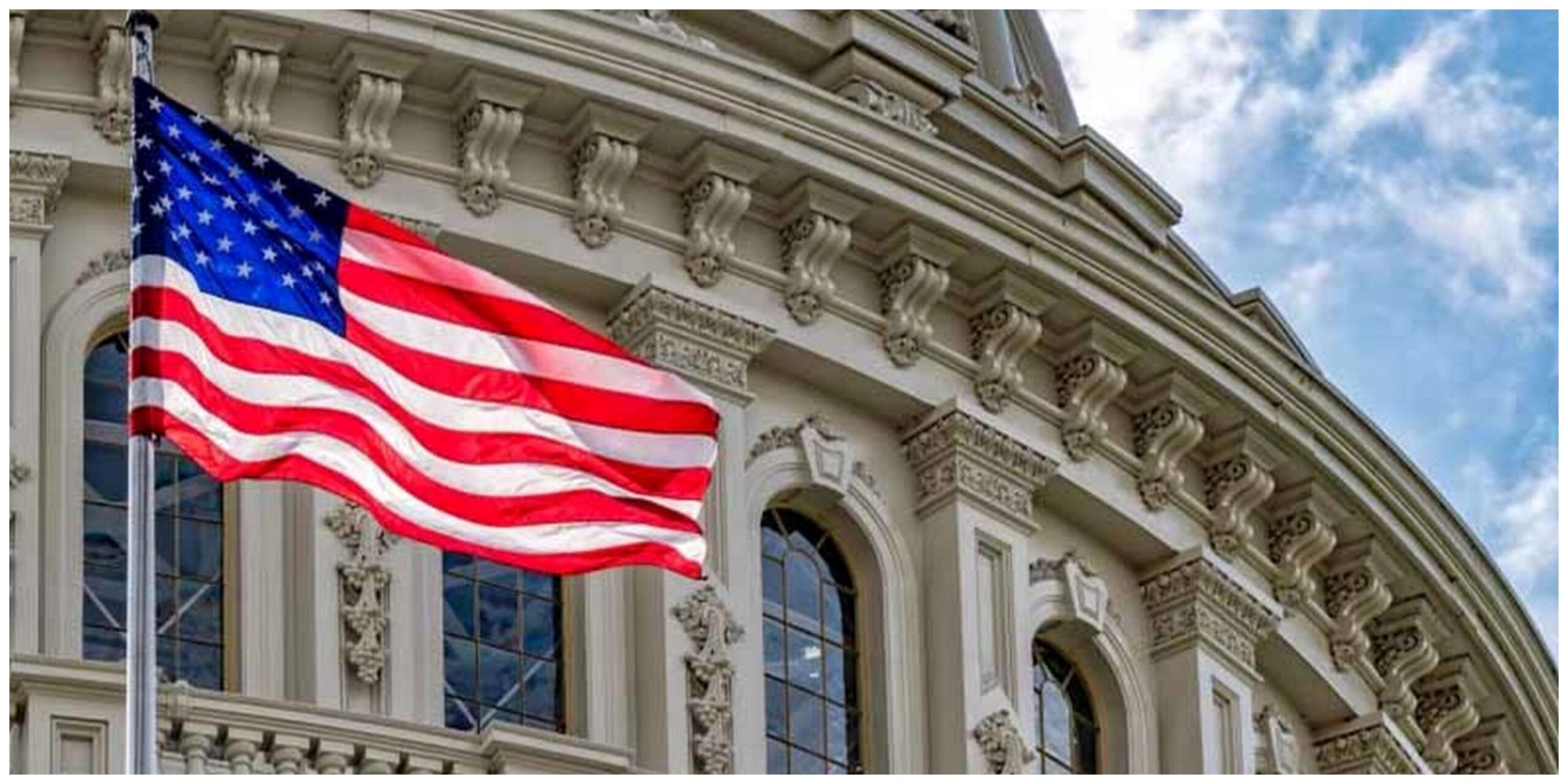Iran, Kyrgyzstan seek banking, investment agreements to boost trade
Iran and Kyrgyzstan must establish financial and banking agreements to unlock the full potential of bilateral trade, said Ghadir Ghiafeh, deputy head of Iran Chamber of Commerce, Industries, Mines and Agriculture (ICCIMA) during a meeting with his Kyrgyz counterpart Mamadsadek Bekirov.
Speaking at the joint session, Ghiafeh said the current $106 million trade volume between the two countries does not reflect the true capacity of their economic ties. He urged both chambers of commerce to work alongside small and medium-sized enterprises (SMEs) to develop a clear roadmap for increasing bilateral trade.
Ghiafeh highlighted Kyrgyzstan’s economic advantages, including its membership in the World Trade Organization, and stressed the country’s untapped potential for collaboration with Iran. He noted that while bilateral trade grew by 10 percent recently, the growth remains modest given the scale of possible cooperation. The implementation of the Iran-Eurasian Free Trade Agreement, set to take effect on May 15, could mark a turning point in trade relations, Ghiafeh added.
He emphasized that banking and financial agreements are crucial to expanding bilateral cooperation and called for stronger private sector connections through participation in trade expos in both countries. Joint investments in logistics and transportation, he said, would help reduce the cost of goods and increase trade efficiency. He also pointed to Kyrgyzstan’s geographic proximity to China, which could be leveraged for efficient transfer of Iranian goods to Kyrgyz and Chinese markets.
Tourism and overseas farming were cited as additional promising sectors. Ghiafeh noted Kyrgyzstan’s rich natural resources, fertile land, and abundant water, and proposed Iranian investment in agriculture to produce crops for export to Iran and other countries. “There is clear political will at the leadership level in both countries to deepen ties,” he said, calling for win-win industrial and commercial joint ventures. Bekirov, Vice President of the Kyrgyz Chamber of Commerce, agreed that economic cooperation must serve the interests of both sides.
He acknowledged the current trade balance favors Iran, but said efforts should be made to achieve a more equitable exchange. He emphasized the need to raise awareness among businesses about each country’s trade opportunities, and called on chambers of commerce to provide updated information to the private sector. Bekirov also said logistical and financial issues must be resolved through government action.
To enhance trade security, Bekirov proposed establishing a joint Iran-Kyrgyzstan chamber of commerce, opening trade centers in Tehran and Bishkek, and organizing reciprocal visits to each other’s trade fairs. Iran and Kyrgyzstan held the 14th meeting of their Joint Economic Committee in Tehran, on April 28-29, aiming to expand bilateral ties across economic, scientific, cultural, and technical sectors.
Senior officials from both countries, including Iran’s Agriculture Minister Gholamreza Nouri Ghezeljeh and Kyrgyz Economy and Commerce Minister Sydykov Bakyt Tolomushevich, attended the meeting, which emphasized boosting trade and investment cooperation. At the opening ceremony, Nouri highlighted agriculture, industry, energy, and technology as key areas of collaboration. He expressed hope that the session would lay the groundwork for a significant rise in economic exchanges between the two nations. Sydykov echoed these sentiments, noting the long-standing ties between Iran and Kyrgyzstan since 1992 and underscoring multilateral cooperation through organizations such as the Shanghai Cooperation Organization and the Eurasian Economic Union.





ارسال دیدگاه
مجموع دیدگاهها : 0در انتظار بررسی : 0انتشار یافته : ۰